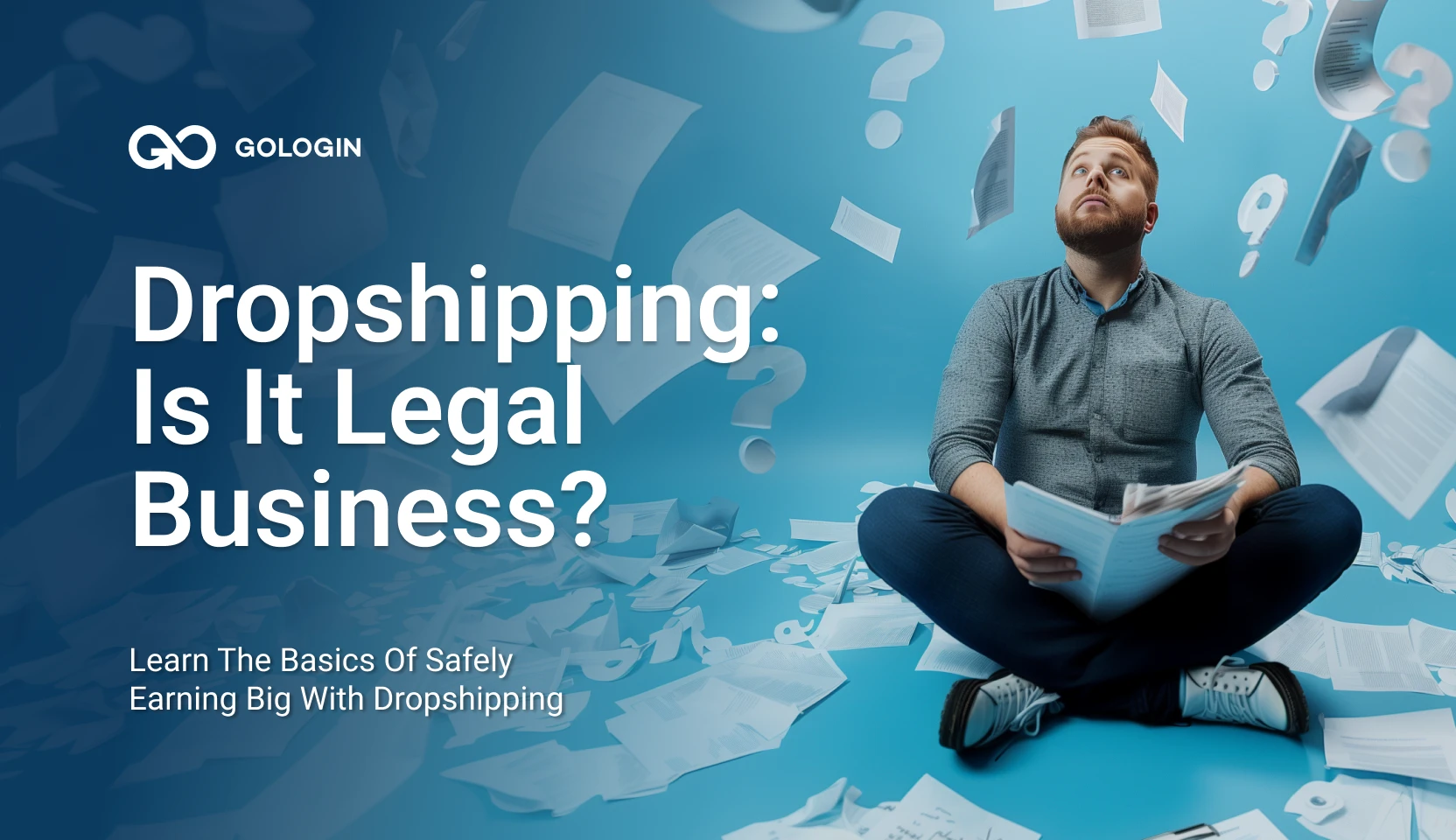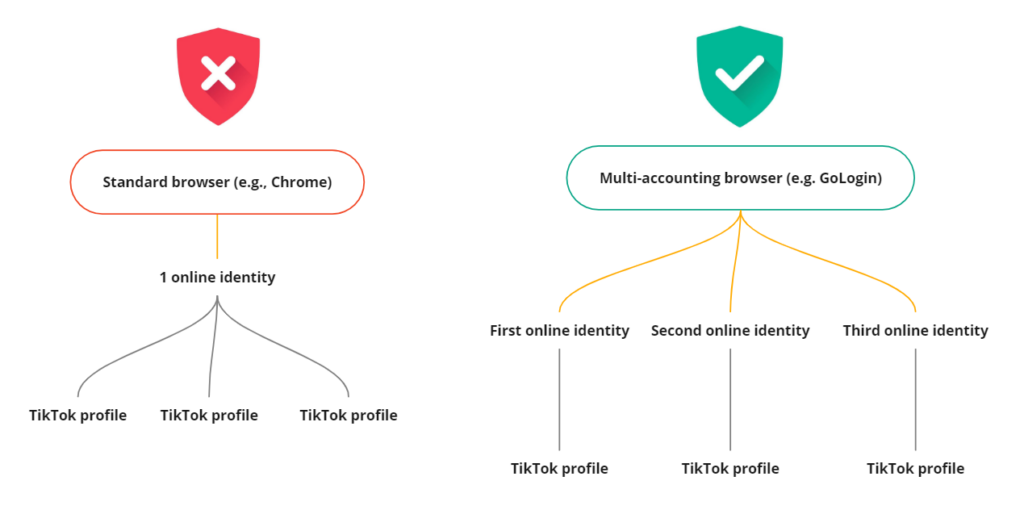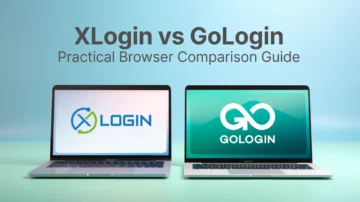The short answer to is dropshipping legal – yes. But to keep your business on the safe side, you should be aware of several legal nuances. For example, you may face legal issues if your supplier turns out to be unreliable. Read on to learn how to protect your online business efforts.
TL;DR: Jump to the bottom for a quick summary.
Disclaimer: The information provided is not intended to serve as legal or financial advice. We are not legal or financial advisors. Consult with legal professionals before making any business decisions that may have legal consequences.
Legal Essentials For Dropshipping Entrepreneurs
Dropshipping is legal in all countries. At the time of writing, there are no specific laws targeting dropshipping in different jurisdictions.
However, laws and regulations are not carved in stone, so you should keep up to date with the latest changes.
Consult e-Commerce lawyers and tax professionals to obtain the most recent and precise legal information.
Here are the most common legal aspects to take into account when establishing your dropshipping business:
- Tax laws
- Licensing laws
- Copyright laws
- Consumer protection laws
- Truth in advertising laws
- Email marketing laws
- Dropshipping store regulations.
Tax Laws
Like any business, dropshipping companies must pay income tax and collect and remit applicable sales tax. What’s more, you may need to pay related customs and duties when importing goods from other countries. Finally, if you hire employees, you must fulfill unemployment and workers’ compensation obligations.
If you fail to comply with your tax obligations, it can lead to business-ending fines and penalties. That’s why it’s always a good idea to consult legal professionals.
Discover essential tax details for dropshipping in this video:
Licensing Laws
Since dropshipping companies are a type of retail business, they require a business license or sales permit to operate legally. Here is a list of states that call for these documents and instructions on where and how you can get the permit.
Corporate And Business Laws
Consider creating a Limited Liability Company (LLC) as your store grows. While this isn’t required in certain countries, it’s a step we recommend. Establishing an LLC can shield your personal assets from potential risks. So, if your dropshipping business encounters legal or financial hurdles, your personal belongings are safe.
Pass-through taxation and increased trust from customers are other benefits of establishing an LLC.
Intellectual Property Laws
To run a legitimate business, you must ensure that you’re not selling counterfeit goods. If your suppliers ship fakes to fulfill your orders, you could face legal action for violating the intellectual property rights of another company.
To avoid these problems, only source products from reliable suppliers and make sure you understand what intellectual property laws apply to your goods.
Consumer Protection Laws
Even if your dropshipping company doesn’t manufacture the products you sell, you must adhere to consumer protection laws. This means you are responsible for the quality and safety of goods delivered to your customers. If your product causes injury to a customer, you may face personal injury litigation.
That’s another reason why you should choose dropshipping suppliers thoroughly. To protect customer experience and your business further, specify the process for rectifying defective goods in a dropshipping supplier agreement. Aside from that, you can carry comprehensive product liability insurance.
Aside from that, carefully research if your products aren’t prohibited in the location where you plan to sell them.
Truth In Advertising Laws
Dropshipping companies must represent products accurately and avoid misleading marketing practices on social media and other channels. If unhappy customers buy a deceivingly promoted product, they are likely to sue the seller.
That’s why you should double-check all product information provided by a manufacturer. A supplier’s incorrect information isn’t an excuse.
Email Marketing Laws
In the US and some other countries, there are regulations that clarify how businesses can contact their customers via phone calls and email. According to the CAN-SPAM Act, you must prove an existing relationship with your customer, allow users to unsubscribe from your email marketing list, and fulfill other requirements.
If you fail to comply with these regulations, you may be fined for each email sent that does not follow the law.
Dropshipping Store Regulations
Terms and conditions as well as privacy and refund policies are additional elements that will prove your dropshipping store is legitimate.
- Terms and conditions is a document that declares the rights and responsibilities of your company and customers who use your services.
- A privacy policy regulates how a business uses, collects, discloses, and protects its customers’ data, including personal information. If you deal with users’ personal data, then you must have a privacy policy on your webpage.
- A refund policy will help you establish trustworthy relationships with your customers and protect your business from potential financial loss in case of delivering a defective item.
Along with knowing local and international laws, you should also learn the policies of the marketplaces and platforms where you plan to sell your products. Overlooking some rules could lead to critical problems for you as well.
Complying With Marketplace Rules
Here is a quick overview of dropshipping rules on the most popular platforms.
Amazon has specific regulations related to dropshipping because the platform tries to protect the marketplace and maintain high-quality customer service. For example, you aren’t allowed to dropship unless it is clear to the customer that you are the seller of the item.
It means your brand should be on packing slips, invoices, or external packaging.
If you run several Amazon seller accounts, there are related limitations and risks.
eBay only allows dropshipping companies to source products from a wholesale or genuine trade-in supplier. Your account will be suspended if you resell products from another marketplace. There are also hidden risks related to running multiple eBay accounts to extend your selling limits.
On Etsy, the platform doesn’t specify the rules on “dropshipping.” Additionally, the platform limits the types of products you can sell. You can only sell vintage (at least 20 years old) and handmade products as well as craft supplies.
Risks Of Marketplace Policies
To avoid suspensions, we recommend following the platform’s rules.
However, it isn’t always a solution. Take Amazon as an example:
- Automated systems that monitor accounts make mistakes.
- It’s hard (or barely possible) to contact customer support. Big corporations may treat small business owners unfairly and ignorantly.
Reddit users share their experience of being banned on Amazon. Sad to say, some sellers never get their accounts back. The possibility of unfair bans puts all your business efforts at risk.
Reddit users share their experience of being banned on Amazon. Sad to say, some sellers never get their accounts back. The possibility of unfair bans puts all your business efforts at risk. - Accidental oversights can lead to an irretrievable seller account ban. And if you try to create a new account, it might not help. Big platforms like Amazon can easily detect your new seller accounts and ban them immediately.

Big platforms like Amazon can easily detect your new seller accounts and ban them immediately. - Your competitors can derail you through ransom payments, negative feedback, complaints, etc.
These issues can result in the temporary or permanent suspension of your meticulously established and developed Amazon seller account.
How To Minimize The Risk Of Losing Your Seller Accounts
What can you do to keep your business going if your account is unfairly banned on Amazon? Some users tried these hacks: they bought new devices, registered accounts with new phone numbers, used completely different IPs… But this doesn’t work or turns out to be too expensive.
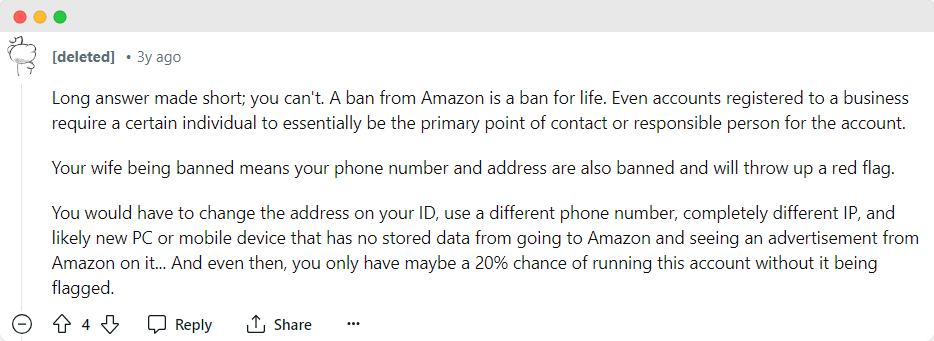
One new solution that actually helps with this problem is a browser with antidetect features or a multi-accounting browser. It enables you to create a new account if your main account is banned, protect other accounts in case one is suspended, and securely manage backup accounts.
GoLogin is one of the most common and trusted browsers on the market. The tool helps you create unique digital identities for each of your profiles. Amazon, eBay, Etsy and other marketplaces will see these profiles as distinct users accessing the website from a specific location and hardware.
Simply said, you can create multiple seller accounts without getting banned. Here’s a basic explanation of how it works.
GoLogin operates just like Chrome, Firefox, or any other regular browser. The difference is that a multi-accounting browser enables you to run from 2 to thousands of browser profiles safely. This is made possible thanks to sophisticated browser fingerprint technology.
Disclaimer: The ethical use of multi-accounting browsers is legal. Such tools don’t violate US/EU laws. In fact, quite the opposite: they protect your business data and save time and money.
Download GoLogin for free and manage multiple accounts without bans!
Download GoLogin for free and manage multiple accounts without bans!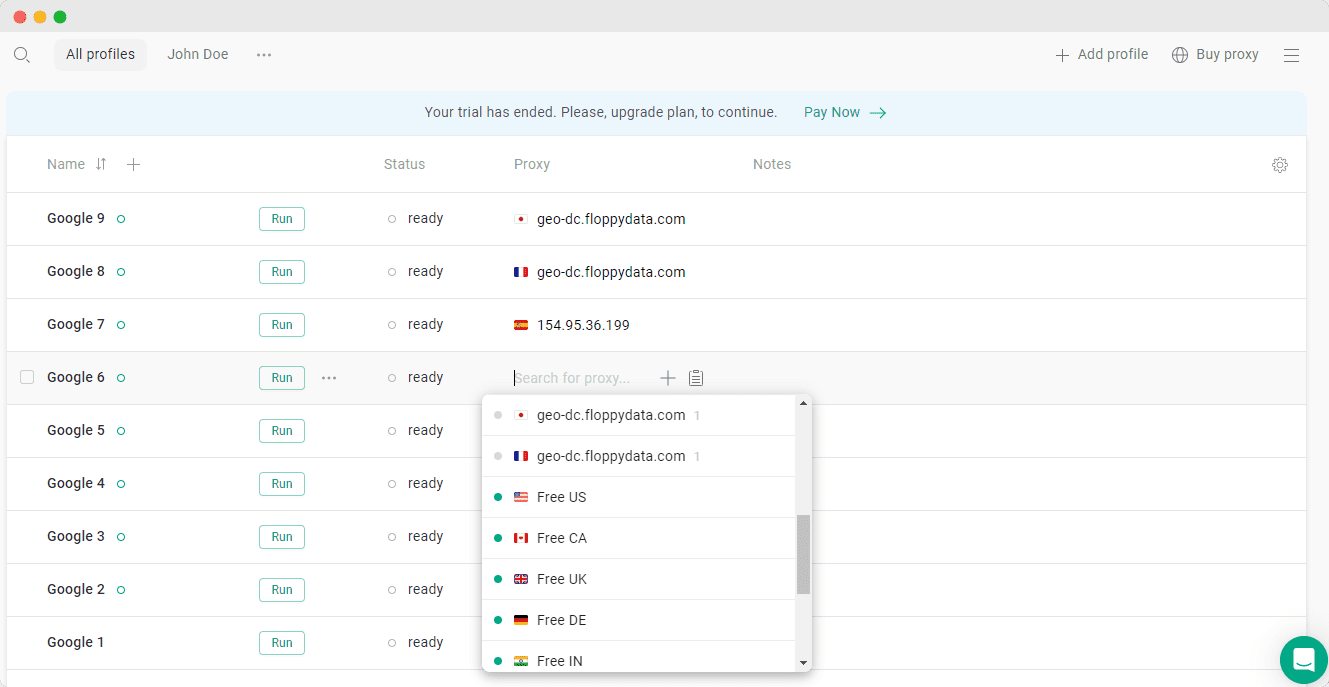
Summary: Is Dropshipping Legal?
To sum up, yes – dropshipping is legal. It’s a retail business model that lets you sell products online without owning or managing the physical processing and storage facilities. However, you should follow the best responsible business practices to keep your efforts and investments safe.
Apart from adhering to laws and following platforms’ rules, you should protect yourself from sudden and unfair bans. Multi-accounting browsers such as GoLogin allow you to create a new account if one is banned and safeguard associated accounts from being affected.
Frequently Asked Questions About Is Dropshipping Legal
How Profitable Is Dropshipping?
Successful online stores can earn between $50 and $5,000 daily. It depends on selling goods in demand and top-notch marketing strategies and sales.
How To Start A Dropshipping Business With No Money?
Here are 9 steps to follow if you want to set up your dropshipping business with no money:
- Find a niche and products.
- Find reliable dropshipping suppliers.
- Choose a dropshipping platform and create a seller account.
- Name your store and build its brand identity.
- Create a pricing strategy.
- Add products and launch your e-commerce store.
- Promote your store organically (e.g., create viral Reels and other high-quality content on social media).
- Manage your dropshipping store.
- Analyze and improve your offering.
Try to use GoLogin for multiple Amazon, eBay, Etsy or Shopify accounts during 7-day free trial – no credit card needed!
Download GoLogin for free and manage multiple accounts without bans!
